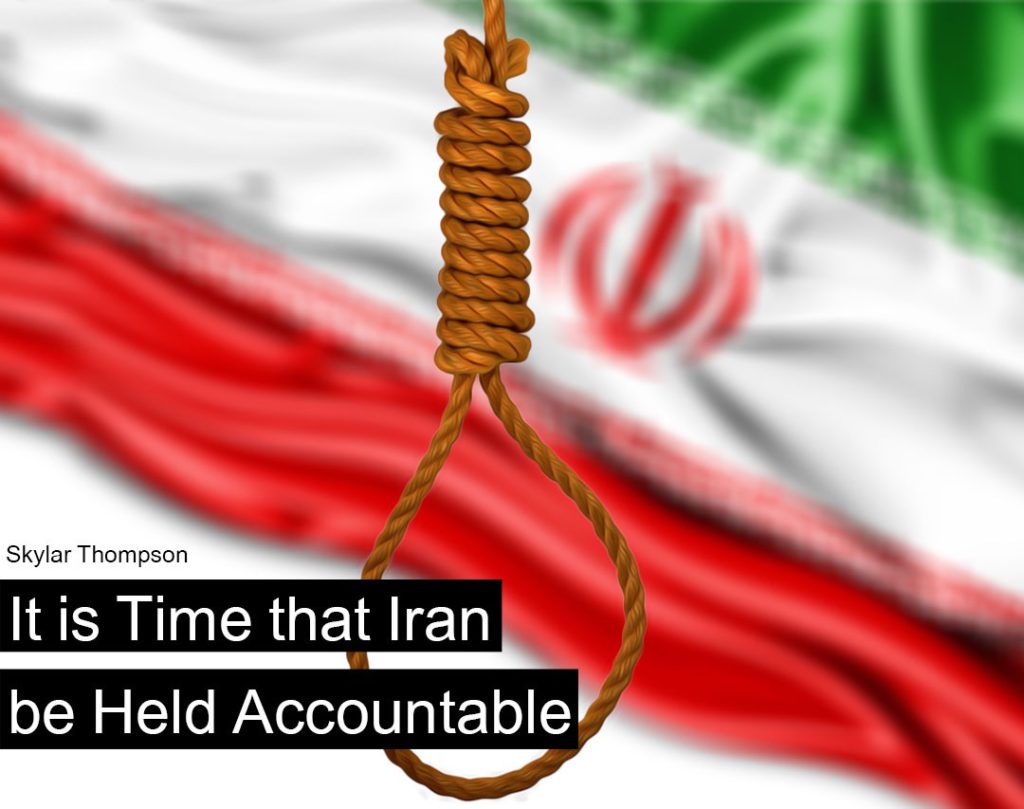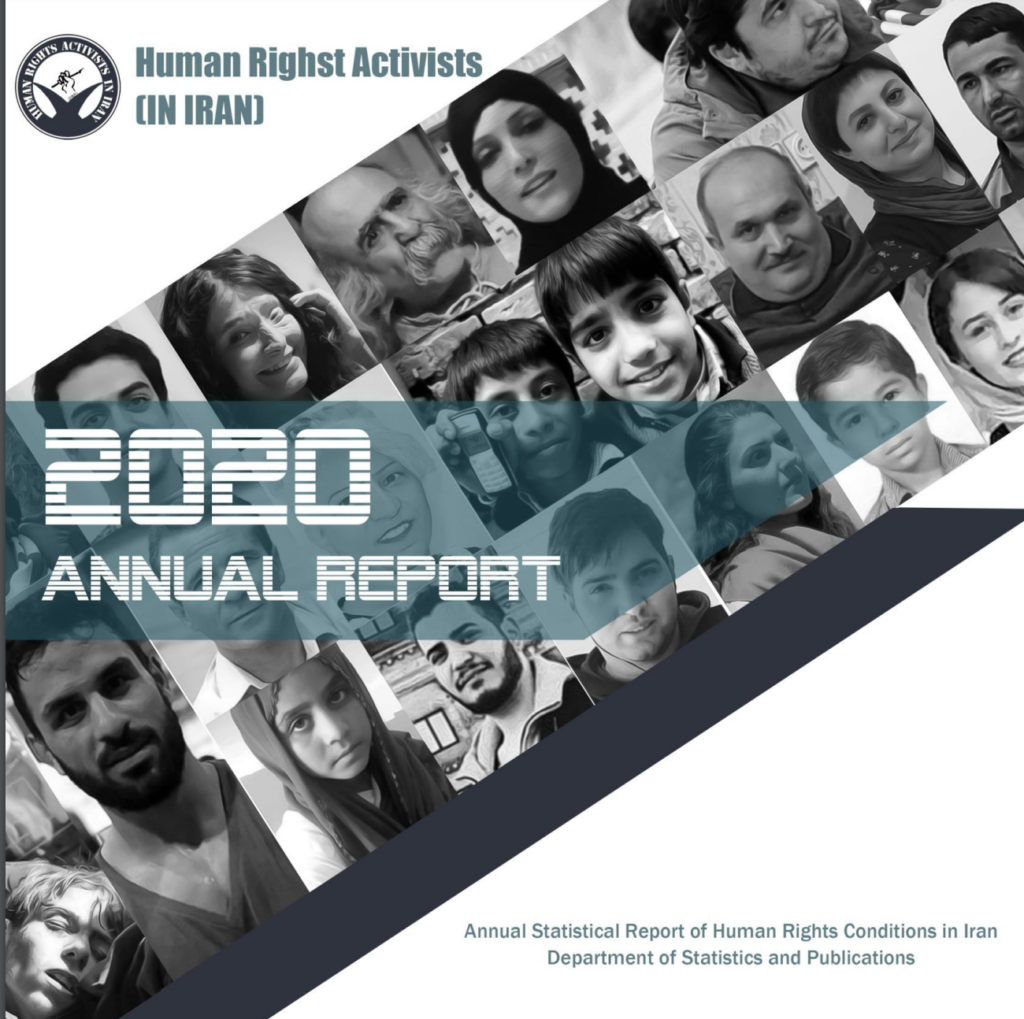Based on the Iran’s constitution the Judiciary “should be an independent power”, which means no one shall be above the law “ultra vires”, however this is contradictory as based on article 57, the judiciary is under authority of the Supreme Leader and The Supreme leader directly appoints the head of the judiciary (5 year renewable term), who then appoints the Chief Public Prosecutor, head of state chief inspectorate, head of Administrative High Court, and the head of Military Courts (Iranian constitution 1998: article 156, 172, 173, 174). According to article 160 of the Iranian constitution the head of the judiciary recommends candidates for the ‘Minister of Justice’ to the President who then choses one as the Minister of Justice.
There are two basic types of judicial investigations in Iran
- Legal: these investigations are mostly around settling civil disputes. The legal investigations do not include cases where an act is a “crime” by law and rather its about complaints and disputes between citizens or citizens and a governmental institution.
- Criminal: The criminal investigations, include cases where there has been a “crime” committed which is punishable by law.
Iran’s Court system consist of ‘General courts’ and ‘Special Courts’
- The General Court| دادگاه عمومی
The General Courts have jurisdiction over all cases unless the case falls under the jurisdiction of a ‘Special Court’.
1.1. Preliminary Courts | دادگاه بدوی
- Civil courts: hears civil disputes which are not within the Dispute Settlement Councils jurisdictions.
‘The Dispute Settlement Council (شورای حل اختلاف)’ follows (1) cases such as properties of minors and those that have incapacities without any beneficiaries. (2) pecuniary disputes of under certain amounts in villages and cities (3) residential tenant evictions, and (4) determining wills or intestacy. All the appeals from The Dispute Settlement Council is heard at the General civil courts.
- Second Criminal Courts | دادگاه کیفری (دادگاه کیفری دو)
hears all criminal cases other than the ones that fall within jurisdiction of Special criminal Courts. This courts are held by one judge.
‘Criminal Dispute Settlement Council’(شورای حل اختلاف کیفری) hears all the summary offences such offences which could result in less than 3 months of imprisonment. However, this body does not issue prison terms.
- Family courts| دادگاه خانواده
hear all cases regarding family disputes and criminal investigations including: (1) Marriage (2) divorce (3) dowry (4) Allomony (5) Guardianship (6) Paternity, and (7) capacity
- Juvenile Court| دادگاه اطفال و نوجوانان
This court is held for those under 18 and should be held by one judge and two social workers.
- First Criminal Court or Criminal Court of the province| دادگاه کیفری استان (دادگاه کیفری یک)
this court deals with criminal investigations where the prosecutor is responsible for making a case against the accused. Less serious offences are heard at the Criminal court while indictable offences are brought to the Criminal Court of the Province. This court generally has to be held by 3 judges, for crimes with possible capital punishments court session should be held with 5 judges present. This court hears the following cases: (1) Political and Press offenses, (2) criminal complaints against members of the official bodies such as parliament, ministers, judges, governors, etc. (3) general complaints against police, army, and intelligence ministry authorities, (4) crimes with possible imputation sentences, and (5) crimes with possible Capital punishments such as death penalty, stoning, and life in prison.
1.2. Appeal Courts| دادگاه تجدید نظر
- Appeal Court of the Province: This court has family, Civil and Criminal branches and hears the appeals from the preliminary courts.
- The Supreme Court: This is the highest court in both criminal and legal investigations. This court has supervision powers over all other courts and is responsible for assuring that all procedures and trials are uniform across cases. The supreme court has both Criminal and General branches and hears the appeals of Criminal Court of The Province and the Revolutionary courts. The jurisdiction of the supreme court also includes resolving disagreements between courts in judgement or interpretations of the law.
* The head of the Supreme court serves a 5-year term and is nominated by the head of judiciary
2. Special Courts| دادگاههای ویژه
The special Courts have been established to have jurisdiction over specific cases such as clergies, militaries and Revolutionary.
- Revolutionary Courts| دادگاه انقلاب
The revolutionary courts started their work, days after the 1979 revolution with multiple executions carried out before their procedure was written. It was on June 17, 1979 the first codes of procedure for the Revolutionary Courts were established. The first article of this code indicates that the leader of the Islamic Revolution has ordered establishment of office of the revolutionary Public Prosecutor and required numbers of Revolutionary Courts at administrative centers in every province.
On July 4, 1979 the Revolutionary council accepted the bill and the revolutionary courts jurisdictions was set to investigating counter-revolutionary crimes.
The revolutionary courts today are at the capital of each province and any region that the Head of Judiciary orders. They are under direct supervision of the Head of Judicial Distrit.
Revolutionary court hear the following cases: (1) crimes against national security, (2) Insulting the Supreme Leader or the Islamic Revolution Leader, (3) Conspiracy against the Islamic Republic, Armed Terrorism, destruction of institutions in order to undermine the government, (4) spying, (5) Drug Crimes, (6)embezzlement, non-sharia Activities, corruption, etc.
There are also some financial frauds that fall under the jurisdiction of the Revolutionary Courts such as smuggling artifacts, plotting to disturb national exports, disruption of monetary currency, etc.
- Military Courts| دادگاه نظامی
This court hears cases where the defendant is part of a security or armed force such as Army, Police, Gendarmery, or IRGC. According to article 172 of the constitution, the Military Court shall hear Crimes of Military forces only when they are in relation to Military or Security duties all other cases committed by these individuals should be heard in general and criminal courts.
- The Clergy Courts| دادگاه روحانیت
This courts hears all cases against Clergies.
- Administrative Court| دیوان عدالت ایران
This court is the Highest court that hears Administrative dispute. Its jurisdiction includes: (1) complaints of private parties against public administrators i.e. ministers and institutions, (2) cases against regulations, (3) cases of complains of public employees with about their employment, (4) hears appeal of preliminary administrative council.
Related َrticles and Sources:
- Lahidji, K. (N.A). The History of the Judiciary in Iran. Legatum institute
OPEN PDF - Rahmani, T. & Koohshahi, N. (2016). Introduction to Iran’s Judicial System. Journal of Law, Policy, and globalization (Vol45)
OPEN PDF - Daraeizadeh, B. (2010). Legal Commentary: Alook at Criminal Procedure in Iran. Iran Human Rights Documentation Center.
OPEN PDF - Zare, M. (2015). An overview of Iranian Legal System. Hauser Global Law School. Retrieved from: https://www.nyulawglobal.org/globalex/Iran_Legal_System_Research1.html



